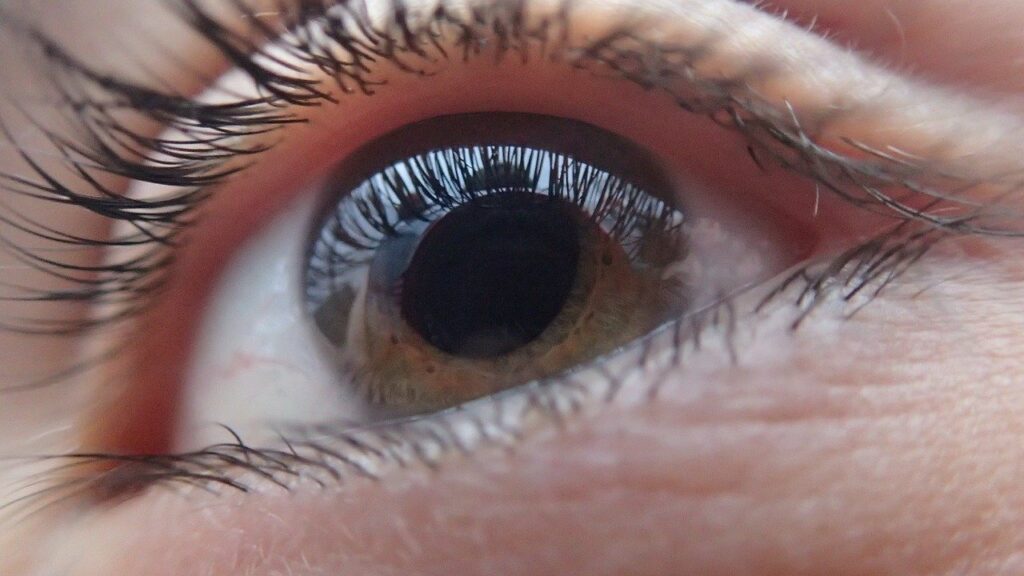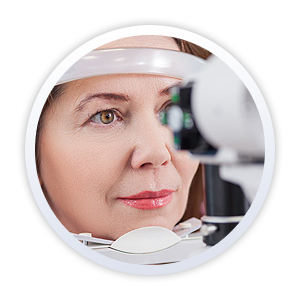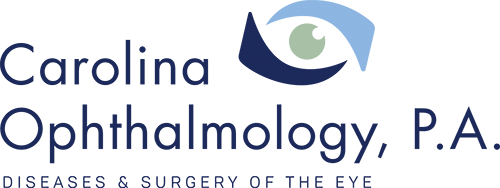Glaucoma is one of the leading causes of vision loss, affecting about 3 million people in the United States.1 But this potentially blinding eye disease does not affect all people equally. During Glaucoma Awareness Month in January, Carolina Ophthalmology, PA and the American Academy of Ophthalmology are urging people to be screened, especially if you are at increased risk for glaucoma.
Who is at risk?
- African Americans are 6 to 8 times more likely to develop glaucoma than white Americans. Blindness from glaucoma is 6 to 8 times more common in African Americans than white Americans.2
- People with diabetes are 2 times more likely to get glaucoma than people without diabetes.2
- Hispanic Americans face an increased risk comparable to African Americans, but the disease may also progress faster as they age, compared with other ethnic groups.3
- Asians are at an increased risk for the less common types of glaucoma: angle-closure glaucoma and normal-tension glaucoma.2
- Also at risk are people over age 40, those who are severely farsighted or nearsighted, and those who have a family history of glaucoma.

Glaucoma is a group of diseases that damage the optic nerve of the eye, usually caused by high pressure inside the eye. The optic nerve transmits visual information to the brain, allowing us to see. Because glaucoma often progresses slowly, affecting just peripheral or side vision, people with glaucoma can lose most of their vision before they even experience any symptoms. Central vision, the vision used to read, drive or watch TV, is unaffected until the disease is advanced.
“Just because you think you can see well, doesn’t mean all is well,” said Dianna Seldomridge, M.D., clinical spokesperson for the American Academy of Ophthalmology. “Once vision is lost to glaucoma, it can’t be regained. That’s why regular screening, especially among those at higher risk for glaucoma, is absolutely vital. When caught early, glaucoma can be treated with eyedrops or an in-office laser treatment. But in advanced cases, surgery may be required to slow the vision loss and prevent further damage.”
“People are often aware of their family medical history including cancers, strokes, and diabetes, but they should also know about any diseases of the eye including glaucoma,” said Matthew Duggan, M.D., glaucoma specialist at Carolina Ophthalmology. “These conditions have a large impact on quality of life, and early detection can preserve sight. I encourage everyone to ask their loved ones about any history of glaucoma (and those with known glaucoma to tell their children and relatives to be screened).”
For more information about eye health and how to protect your eyes, visit the patient education section on Carolina Ophthalmology’s website or the Academy’s EyeSmart website.
About Carolina Ophthalmology, PA:
Carolina Ophthalmology was founded in 1980 and since that time has grown to become one of the foremost ophthalmic centers in the country with offices located in Hendersonville, Asheville, Skyland and Columbus, and satellite locations in Franklin and Spruce Pine, NC. Collectively, their doctors have over one hundred (100) years of experience serving the people of Western North Carolina. To schedule an appointment with one of their qualified surgeons or for more information, please call 800-624-6575 or visit their website at www.carolinaeyemd.com.
1 The Future of Vision: Forecasting the Prevalence and Cost of Vision Problems. Prevent Blindness. Retrieved December 3, 2019, from https://www.preventblindness.org/sites/default/files/national/documents/Future_of_Vision_final_0.pdf
2 Centers for Disease Control and Prevention: https://www.cdc.gov/features/glaucoma-awareness/index.html
3 Quigley HA, West SK, et al. The prevalence of glaucoma in a population-based study of Hispanic subjects. Arch Ophthalmol. 2001;119:1819-1826.




